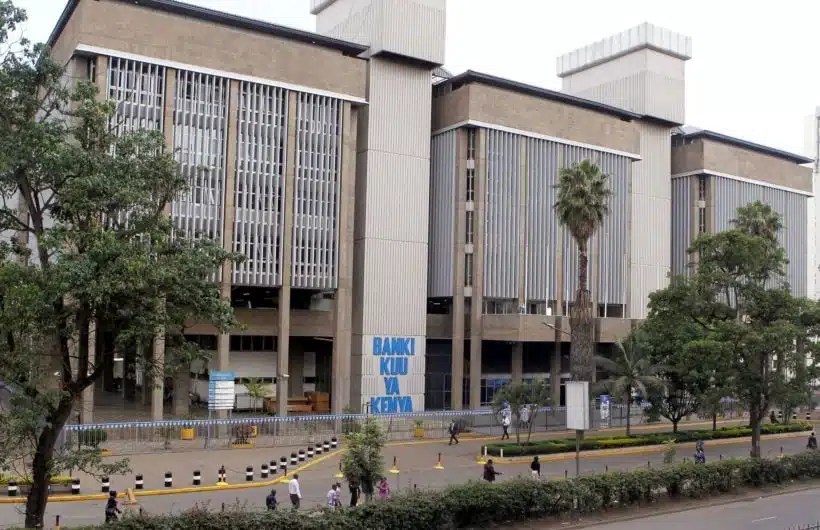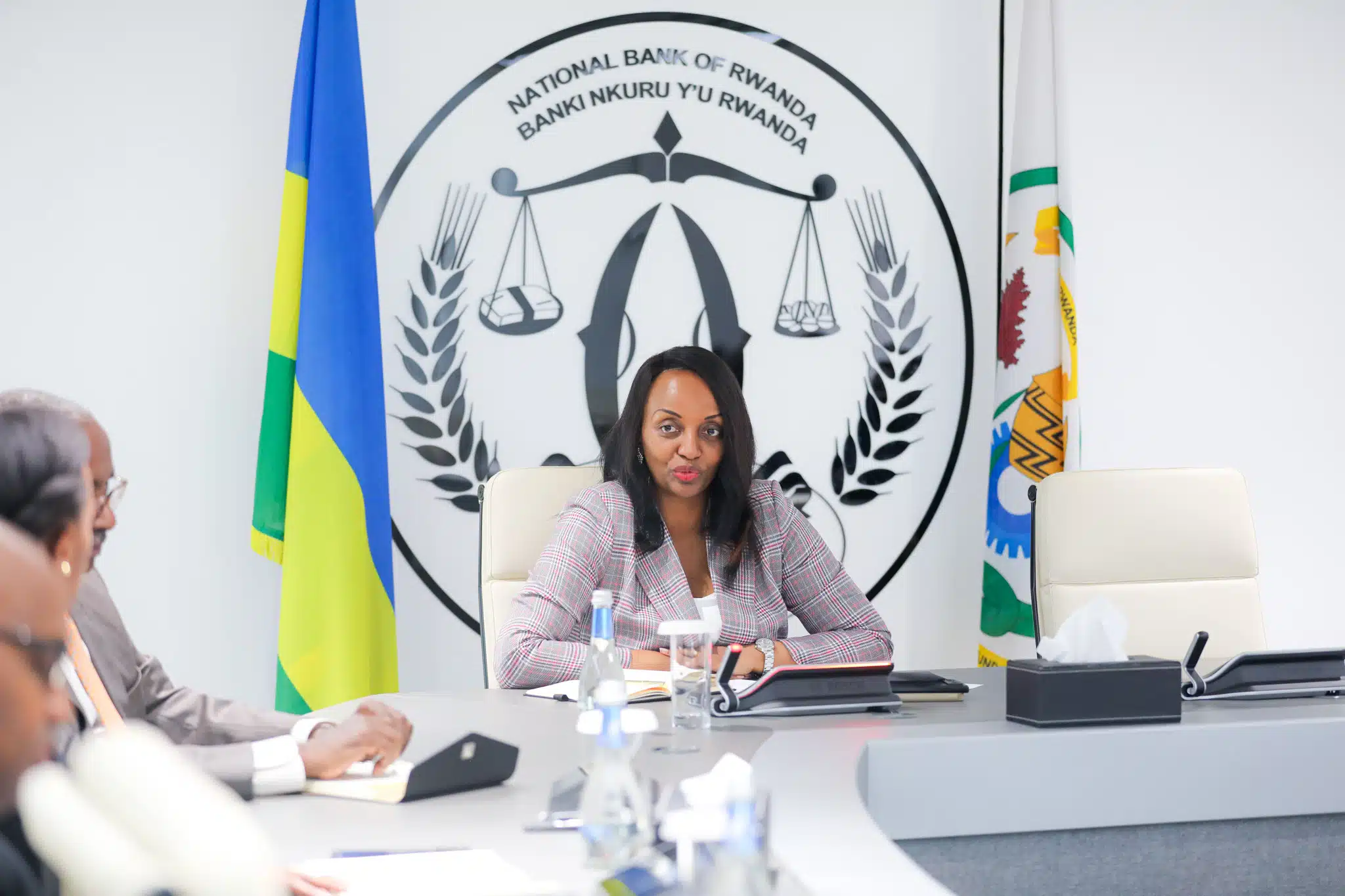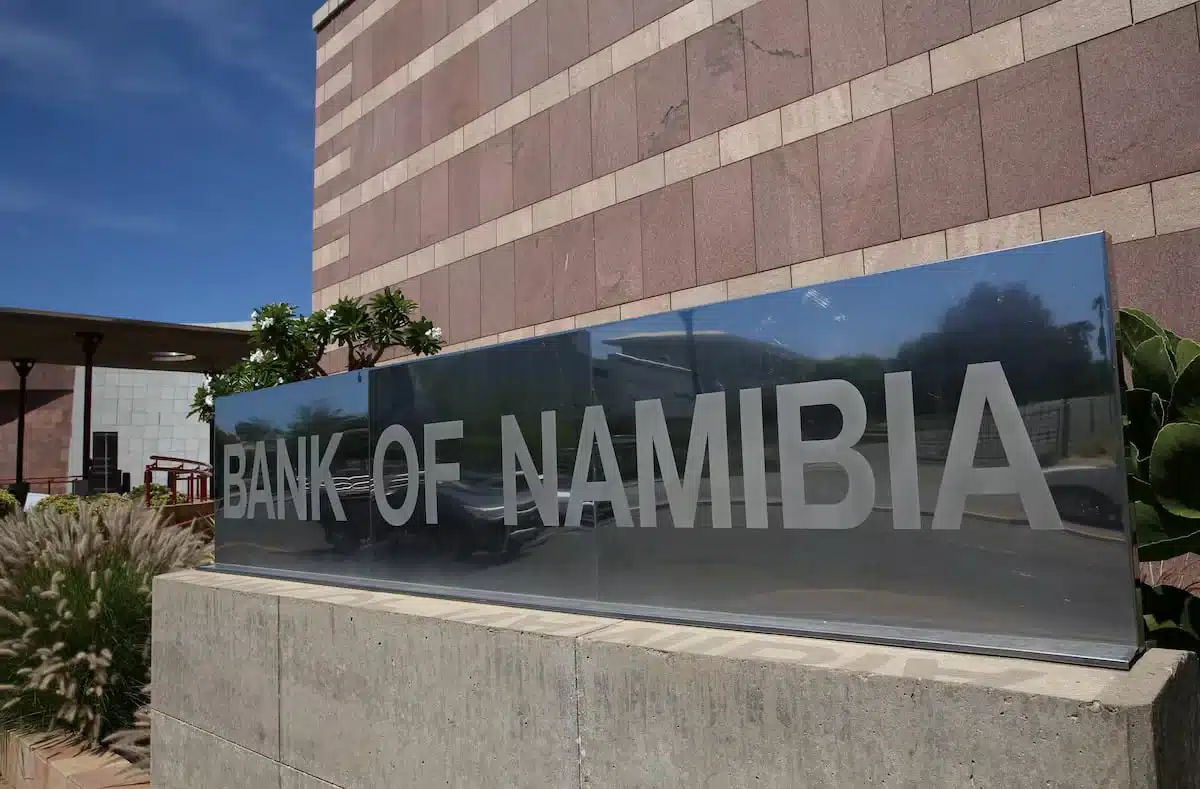The Central Bank of Kenya (CBK) has unveiled draft regulations requiring all credit guarantee firms operating in the country to hold a minimum core capital of KES 1 billion ($7.86 million).
The rules, published last week under the Credit Guarantee Business 2025 framework, aim to bolster the resilience of non-bank financial institutions that provide loan guarantees to Micro, Small, and Medium-sized Enterprises (MSMEs).
“The primary goal is to create a well-capitalized base for credit guarantors to absorb potential losses from the bank loans they insure,” the CBK said in a statement accompanying the draft rules.
The proposed rules mark a significant step in formalising Kenya’s credit guarantee market, which is key in unlocking finance for small businesses. According to the Kenya National Bureau of Statistics, MSMEs account for over 80% of employment and contribute around 40% of GDP.
The higher capital buffers and stronger oversight could increase lenders’ confidence in using credit guarantees, potentially expanding access to finance for MSMEs — a critical pillar of Kenya’s economy.
The move also aligns with a broader global trend of tightening capital standards for non-bank financial institutions involved in credit risk mitigation. Regulators worldwide, including Nigeria’s apex bank, are raising minimum capital requirements to reduce systemic vulnerabilities.
The CBK’s draft regulations are open for stakeholder consultation before being finalised.
Capital, risk standards are aligned with banks
Under the proposed framework, credit guarantee firms must maintain a minimum core-capital-to-risk-weighted-assets ratio of 10.5% and a total-capital-to-risk-weighted-assets ratio of 14.5%, bringing their prudential standards closer to those applied to commercial banks.
CBK says the move is designed to ensure that credit guarantors — firms that share the risk of lending by providing guarantees for bank loans — can withstand potential losses and give lenders more confidence in financing MSMEs, a sector long viewed as risky by banks.
Strengthening oversight, governance
The draft regulations implement new oversight powers granted to the CBK under the Business Laws (Amendment) Act, 2024, which designated the central bank as the regulator of the credit guarantee business.
Key provisions include:
- A formal licensing regime with a KES 100,000 ($786) application fee and a KES 500,000 ($3,929) annual licence fee.
- A 25% cap on individual shareholding in a credit guarantee firm to enhance governance and reduce concentration risk.
- A prohibition on deposit-taking and direct lending, focusing firms solely on providing credit-risk cover to lenders.
Existing firms will have up to five years to comply with the new capital and governance requirements. Foreign government-owned entities and commercial banks will be exempt from the licensing rule.
Note: Figures converted at the official average exchange rate of KSh127.24 per US dollar as of September 29, 2025.










